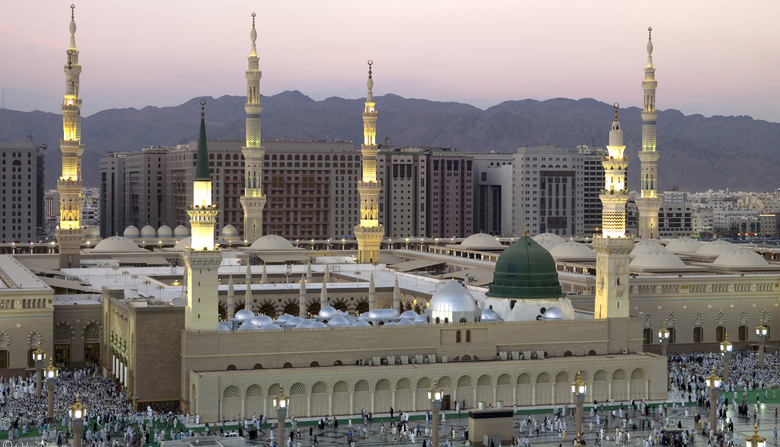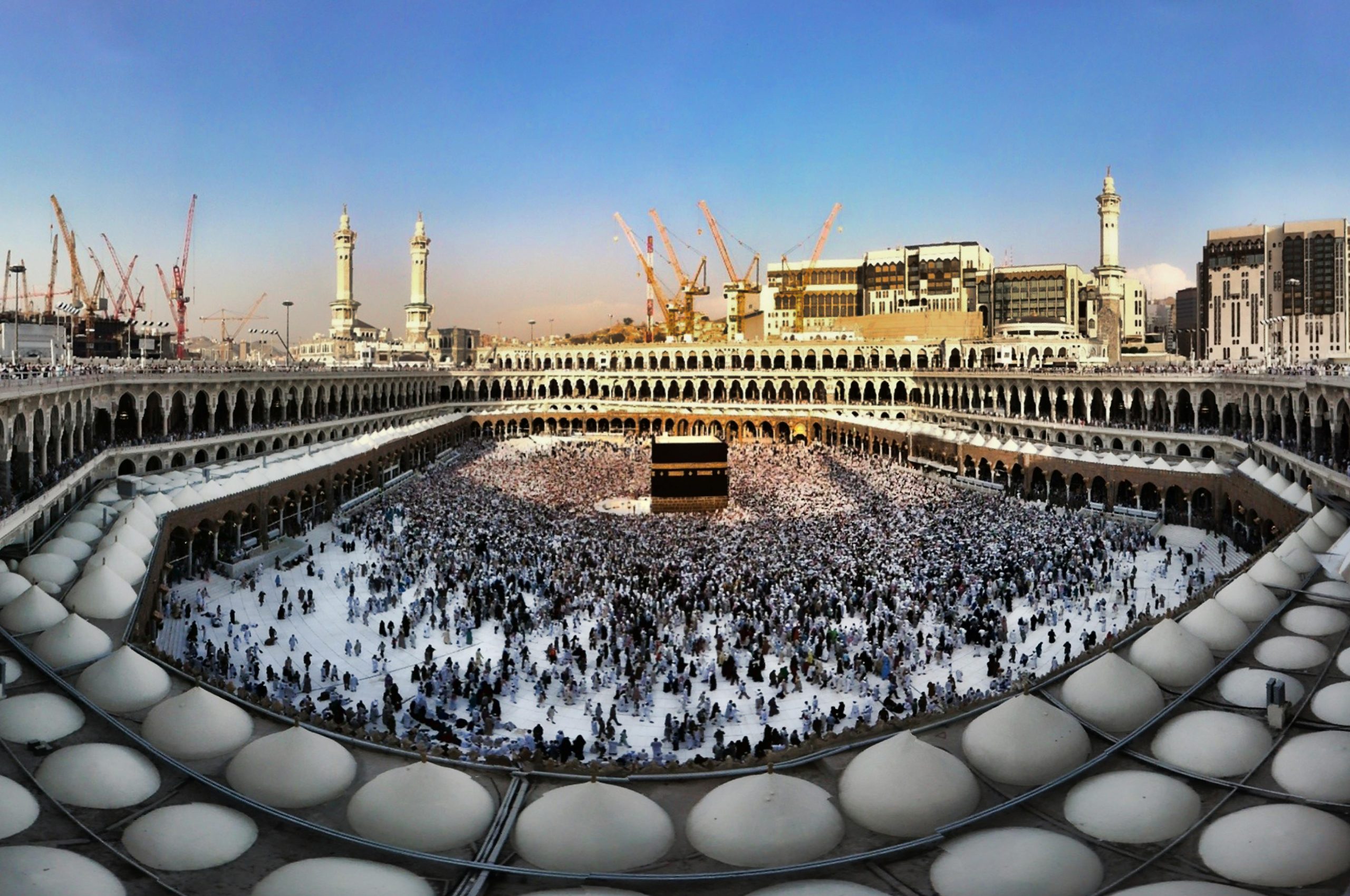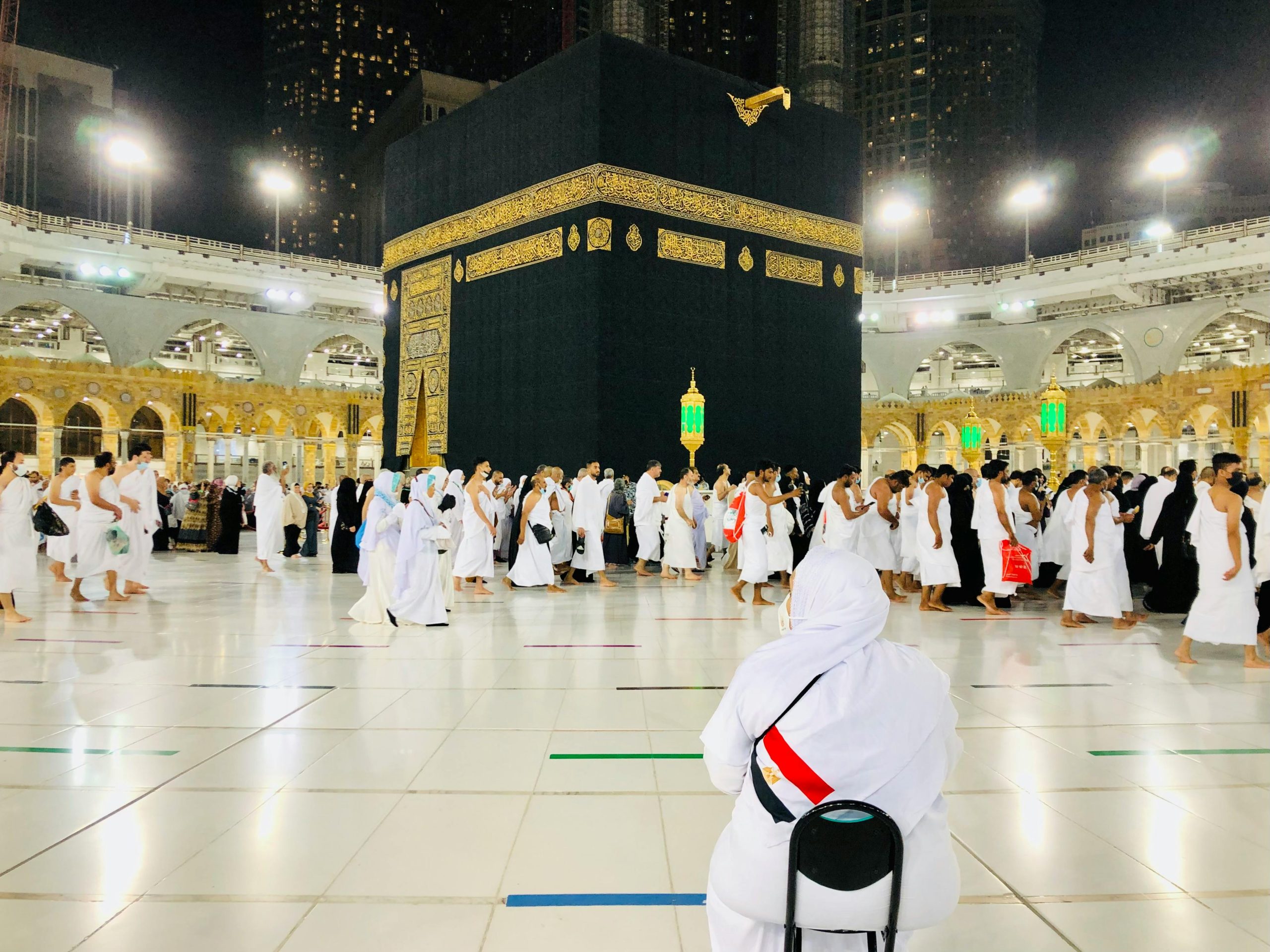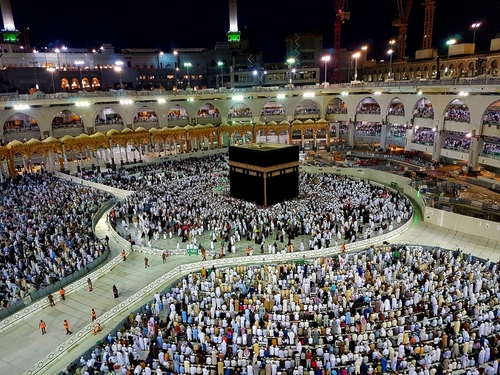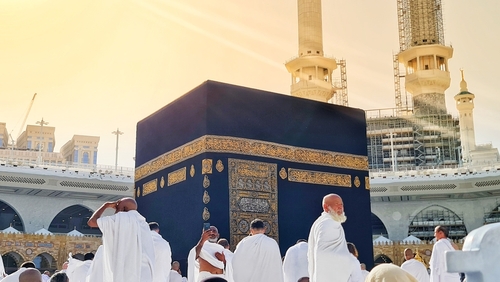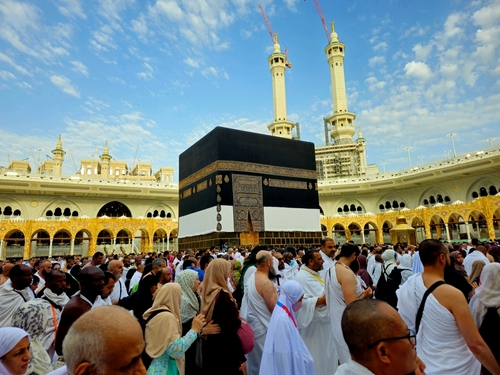Divorce – the Islamic Perspective
Marriage is an endorsed union of a man and woman that is approved by Allah ﷻ. ideally, the purposes of marriage in Islam are;
- To restrain physical desires
- To obtain an organized domestic life
- To fulfill the responsibility of children
- The development of family line
- To maintain a balanced human society.
Other than these inevitable reasons, marriage brings a support system to both man and woman, whether it is psychological, financial, emotional or physical. The purpose of marriage is to promote a state of tranquility, love and compassion to both partners.
The utmost wish of a couple and the society is to hold the relation of wedlock forever. But there are some imbalances and differences that could become so obvious and cause this institution to split up. Islam definitely discourages the divorce, but if it is necessary than Islam ensures provision for both partners.
The Islamic Process of Divorce: Understanding the Stages
1. First Divorce
In Islam, divorce is a regulated process that involves careful considerations. If a husband decides to divorce his wife, he must wait until her menstrual cycle of that month and pronounce the divorce sentence once.
Then, a waiting period of three months, known as Iddah, follows. During this time, the husband is responsible for the wife’s expenses. If the couple resolves their issues and wishes to reunite, they can do so without any complications, and the marriage will continue. This applies to the first divorce, leaving the couple with two more divorce rights.
2. Second Divorce
If the decision to divorce persists, the husband must repeat the process after each of the next three menstrual cycles (within a period of three months). Finally, after nine months, the marriage would be dissolved. Should the couple desire reconciliation after the second divorce, they must renew their marriage contract, also known as Nikkah, to continue their union.
3. Third Divorce
If the couple still insists on divorce, the husband should pronounce the final divorce during the 2nd trimester of Iddah. With the final three months of the third divorce, the marriage is officially dissolved, and they cannot remain together as husband and wife. Before her departure from the house, the husband must pay the Mehr (dowry) to the wife as per Islamic regulations.
The Logic of Iddah
According to the Quran, there are two basic reasons for the waiting period (Iddah).
- To determine whether the woman is pregnant or not, so that the ancestry of the child wouldn’t be in doubt.
- To give the couple and the family members a chance to resolve the issues and rectify the situation. The period given can help them calm down their nerves and think about it as most of the time, the anger, and negative vibes run high and thus needed recovery time.
If a woman does not have her monthly cycles owing to age, disease or any other reason and still there is a chance of pregnancy, then waiting for 3 months can clearly reveal the condition. It also helps her get into wedlock with another man if she like and there would be no health issues involved.
Waiting Period for Pregnant Woman
Giving divorce is not encouraged in Islam, especially if the woman is pregnant. But if the couple has decided, then for a pregnant woman the period of iddah is up to the birth of the child and the expenses of child and woman would be due on the father of a child till the completion of the nursing period.
Waiting Period for Newlywed
If the couple had no physical relation, then there is no need to wait for 3 months and the marriage would be resolved immediately. In Surah Baqarah, it is revealed that in such condition that it is mandatory to husband to give the woman a new dress and gifts along with her Mehr.
Mandatory Conditions for Iddah
During the waiting period,
- The Husband couldn’t expel the wife out of the house, nor should she leave the house herself.
- The wife must not hide her pregnancy
- Husband is completely responsible for the woman’s provisions and expenses
- If they changed their mind, then they must call 2 persons to testify and witness their decision.
Post-Divorce Stance
After the process of divorce, the woman is free to remarry another person or her former husband and the man loses all his rights to her. In the Quran, Allah has forbidden the husband to take back any asset gifted to the woman during the marriage. If they have kids then the expenses of kids would be due to the father.









